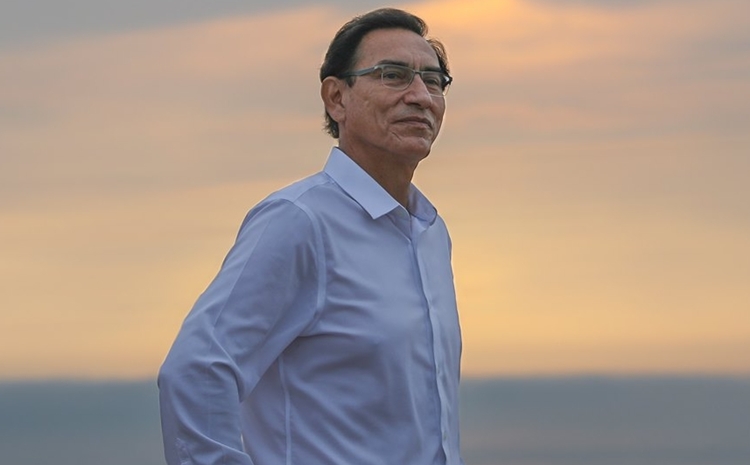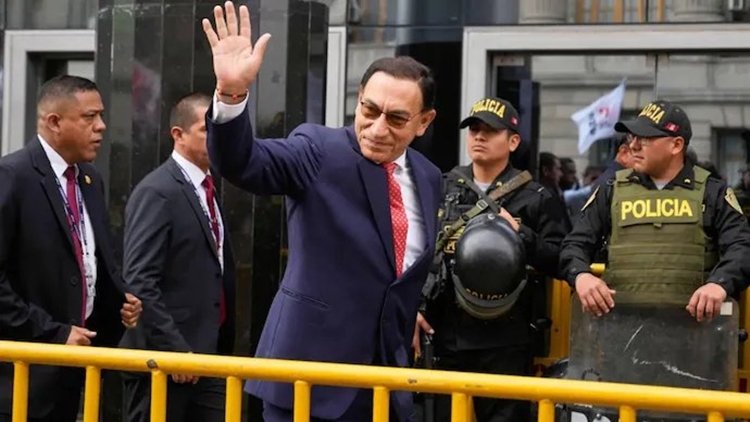Ex-President of Peru Convicted Over Public Works Bribes
PERU – Former Peruvian President Martin Vizcarra has been sentenced to 14 years in prison for accepting bribes from construction firms while serving as governor of Moquegua from 2011 to 2014. The court found that he received about $676,000 (P40 million) in exchange for awarding public works contracts.
Vizcarra has denied the charges, claiming political persecution. He became president in 2018 after his predecessor resigned but was removed by Congress in 2020 amid separate corruption investigations.
He joins a growing list of former Peruvian leaders facing legal consequences. Alejandro Toledo and Ollanta Humala are serving prison terms for corruption, while Pedro Castillo is detained on rebellion charges. Peru has seen six presidents since 2018, reflecting chronic political instability largely driven by corruption scandals.

Vizcarra, who received the most votes in the 2021 congressional election, was later banned from holding public office for ten years after dissolving the legislature in 2019. Despite his legal troubles, he remains politically active, advising his brother Mario Vizcarra, who is running for president in the April 2026 election under the “Peru First” party.
Meanwhile, Peru is a country on the western coast of South America, bordered by Ecuador, Colombia, Brazil, Bolivia, Chile, and the Pacific Ocean. It is known for its rich cultural heritage, blending influences from ancient civilizations like the Incas with Spanish colonial history. The capital city, Lima, is a major economic and cultural hub. Peru is famous for its diverse geography, which includes the Andes Mountains, the Amazon rainforest, and coastal deserts, offering unique ecosystems and landscapes.

One of Peru’s most renowned historical sites is Machu Picchu, an ancient Incan citadel set high in the Andes, attracting visitors from around the world. Peru is also recognized for its cuisine, including dishes like ceviche and lomo saltado, reflecting a mix of indigenous and international influences. Economically, the country relies on mining, agriculture, and tourism. Despite its natural and cultural wealth, Peru has faced political instability and corruption in recent decades, impacting governance and development.
